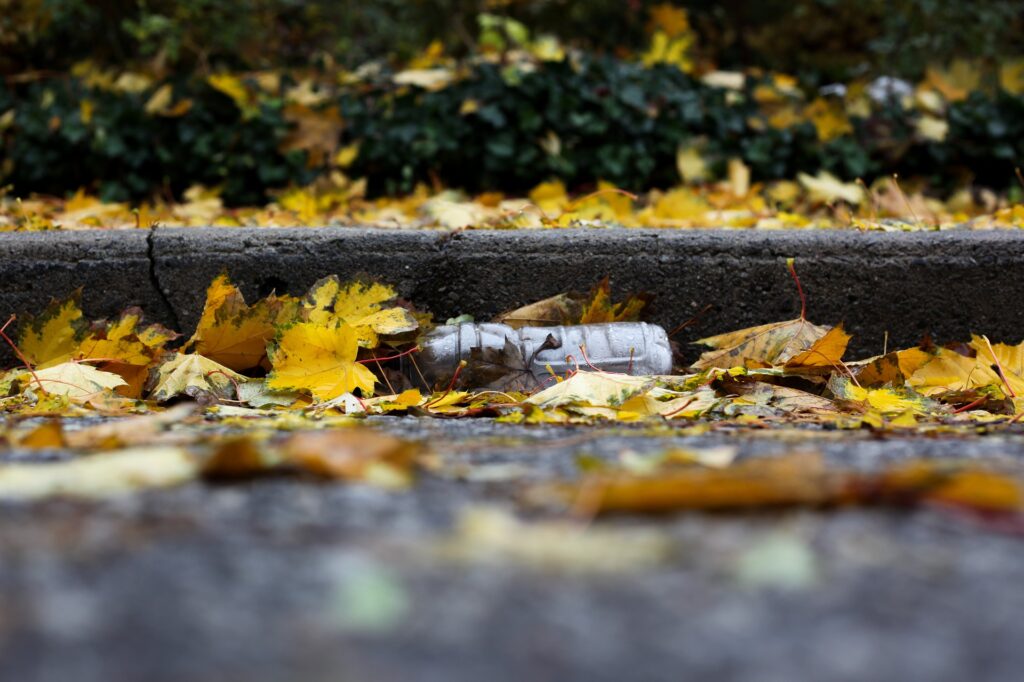Effects of using Plastic Water Bottles
7 Harmful Side Effects of Plastic Water Bottles
Eight, eight-ounce glasses of water per day. The easy-to-remember 8×8 rule is the usual recommendation from health experts when asked how much water we need to drink to stay healthy. That, they say, is the perfect amount to keep the average you in tip-top mental and physical condition. But if your quest for optimum hydration sees you reaching for plastic water bottles, you’ll need to be wary. Here are seven harmful side effects of plastic bottled water and plastic water bottles that will have you reaching for the tap or filter instead.
Toxins Found In Plastic Water Bottles Can Damage Your Health
Why is bottled water bad for you? Because over time, the chemicals in plastic bottles leach into the water. Once in your bloodstream, these dangerous toxins have been linked to numerous health conditions such as liver and kidney damage and breast and uterine cancer.
While less damaging, even BPA-free bottles are not fail-safe. Many of the compounds used in their construction are similarly dangerous to human health. Additionally, most plastic water bottles are made from plastic known as PET or polyethylene terephthalate. On hotter days PET can start to release toxic antinomy into the water.
Drinking From Plastic Bottled Water Can Lead To Weight Gain
If you’re on a health kick to reduce your waistline, you might want to look more closely at your food and drink packaging. Weight gain might be one of the more surprising harmful effects of plastic water bottles, but the claim is backed up by recent scientific research.
A report published in the Environmental Science and Technology journal has shown that some of the substances found in the plastics used for water bottles can change how your body manages fat and increase your overall number of fat cells. With significant impacts in terms of your overall weight.
You Might Be Drinking Microplastics In Bottled Water
But, plastic toxins aren’t the only dangers of plastic water bottles. Microplastics – tiny particles of plastic released as your bottle gradually breaks down – enter your body as you drink.
They may seem innocuous in size, but microplastics have been shown to cause damage to human cells and can pass from mothers to their unborn children. Worryingly, regular day to day use of plastic water bottles will expose you to levels of microplastics significant enough to cause harm.

Your Plastic Bottled Water Isn’t As Clean As You Think
Access to clean, healthy water is one of the main reasons people purchase plastic bottled water regularly. But don’t be fooled. The imagery on your bottled water may give the impression it originates from a pristine mountain spring, however, in reality there is very little difference between most bottled waters and that which comes from your municipal supply. And your municipal supply is subject to far more rigorous and frequent testing before it reaches your glass.
In areas where tap water is safe for drinking, the plastic bottled water health risks may far outweigh any difference in purity.
Plastic Water Bottles Are Killing Marine Wildlife
You’ve not only got your health to consider when you pick up a plastic bottle of water but the lives of thousands of undersea creatures. Plastic is entering our oceans at the equivalent of one garbage truck load a minute. This quantity of waste, including millions of plastic water bottles, has dire consequences for marine wildlife.
In 2018 a sperm whale was found washed up in Indonesia with more than 13 pounds of plastic in its stomach, including plastic bottles. What’s more, as the plastic bottles are tossed and turned in the water, they break up, releasing tiny microplastic particles that are then ingested by fish and permeate deep into the marine ecosystem.
Disposable Water Bottles Are Damaging The Environment
Over 17 million barrels of oil are needed to satisfy the US demand for plastic bottled water each year, generating an enormous carbon footprint for a product that could otherwise come out of your tap. At the same time, 86% of disposable water bottles in the US – most made of highly recyclable PET – end up in landfills where they take 450 years to degrade.
While recycling your disposable water bottle is better than throwing it in the garbage, only 7% of plastic water bottles are recycled into other bottles. Eliminating their use altogether would be a better option.

Why You Should Not Refill Plastic Water Bottles
You’d be right to think that given the environmental damage plastic water bottles can cause, we should be reusing bottles rather than throwing them out. But, refilling plastic water bottles comes with its own health risks too.
The more use a disposable bottle gets, the more chemicals and toxins leach out of the plastic into the water. Over time harmful, carcinogenic substances like BPA and DEHP can build up in your bloodstream and cause serious health problems. Additionally, scratches and chips in the soft plastic can become breeding grounds for bacteria, while the shape of many bottles makes thorough cleaning difficult.
Should Plastic Water Bottles Be Banned?
While you’re unlikely to feel many of these harmful side effects drinking from just one plastic water bottle, if you regularly reach for the plastic over your tap, beware. Toxins and microplastics accumulate in your body over time, so repeated use of plastic bottles can cause significant damage.
It would be much better for you and the environment to recycle any existing plastic bottles you own and swap them for reusable metal ones. Or, simply fill up a glass from the tap as you go about your day.












































